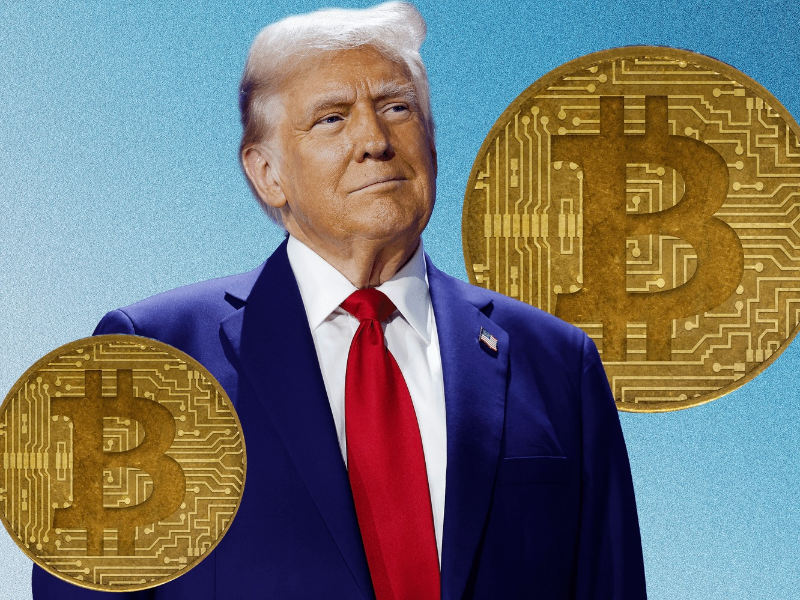• Trump administration drops key crypto cases, easing regulatory pressure on firms
• Banking access restored for crypto companies through rollback of restrictive guidelines
What happened: Sweeping regulatory reversals point to crypto liberalisation in the US
Since the beginning of President Donald Trump’s latest term, the US federal government has executed a rapid and sweeping shift in its approach to cryptocurrency regulation. This transformation is evident in three key areas: the abandonment of major Securities and Exchange Commission (SEC) cases, newly permissive banking guidance from federal agencies, and the quiet cessation of multiple investigations into key players in the digital asset industry.
The SEC has dismissed or paused nearly every high-profile enforcement action against crypto firms, including cases involving Coinbase, Ripple, Kraken, Consensys, and Cumberland. Although these dismissals do not equate to legal endorsements of the firms’ activities, they strongly imply that the SEC currently does not consider most digital assets or staking services to be securities under the law. Meanwhile, ongoing fraud-related cases—such as those against Binance and Tron—have been paused, suggesting a softening stance, though not yet a full retreat.
Simultaneously, the Trump administration has reversed key Biden-era restrictions that hindered crypto companies’ access to the banking system. On Trump’s second day in office, the SEC’s restrictive SAB 121 was repealed. This was followed by the OCC’s rescission of Letter 1179 and the FDIC’s withdrawal of FIL-16-2022, removing requirements that banks notify regulators before engaging with digital assets.
Investigations into firms like Robinhood Crypto, Uniswap, and OpenSea have also been quietly dropped, with no new actions announced. This coordinated deregulatory push, still in early stages, signals a broader policy overhaul—one that opens the door to renewed industry growth and financial institutional participation in crypto.
Also read: Eric Trump transitions to cryptocurrency amid business challenges
Also read: Trump’s trade war pressures crypto market ahead of April tariffs
Why it’s important
The recent actions taken by the Trump administration mark a decisive change in how the United States is likely to regulate the cryptocurrency sector in the near future. This is not merely about reduced enforcement but a structural shift in regulatory posture, one that potentially reclassifies digital assets as non-securities.
The repeals and guidance from the SEC, FDIC, and OCC collectively dismantle barriers that had, under the Biden administration, all but excluded crypto firms from traditional financial services. The previous framework treated most tokens and staking services as securities, which imposed registration burdens and compliance costs that many startups and exchanges could not bear.
Furthermore, the halting or dropping of nearly every pending or ongoing investigation into top crypto firms eliminates significant legal uncertainty. Companies like Ripple and Coinbase, previously entangled in multimillion-dollar lawsuits, are now largely free to resume business without fear of imminent regulatory blowback.
This regulatory clarity, whether temporary or enduring, may invite fresh capital inflows and technological innovation, as firms now have clearer guidance on permissible activities. Notably, the SEC has clarified that traditional memecoins, proof-of-work mining, and asset-backed stablecoins are not subject to securities law. These definitions create practical lanes for development and investment.
While claims of fraud remain unresolved, the de-emphasis on registration and securities law points to an implicit reclassification of most digital assets. Should this trend continue, the U.S. may find itself with one of the most liberal crypto regimes globally—affecting not just national markets but also the broader global regulatory conversation.

